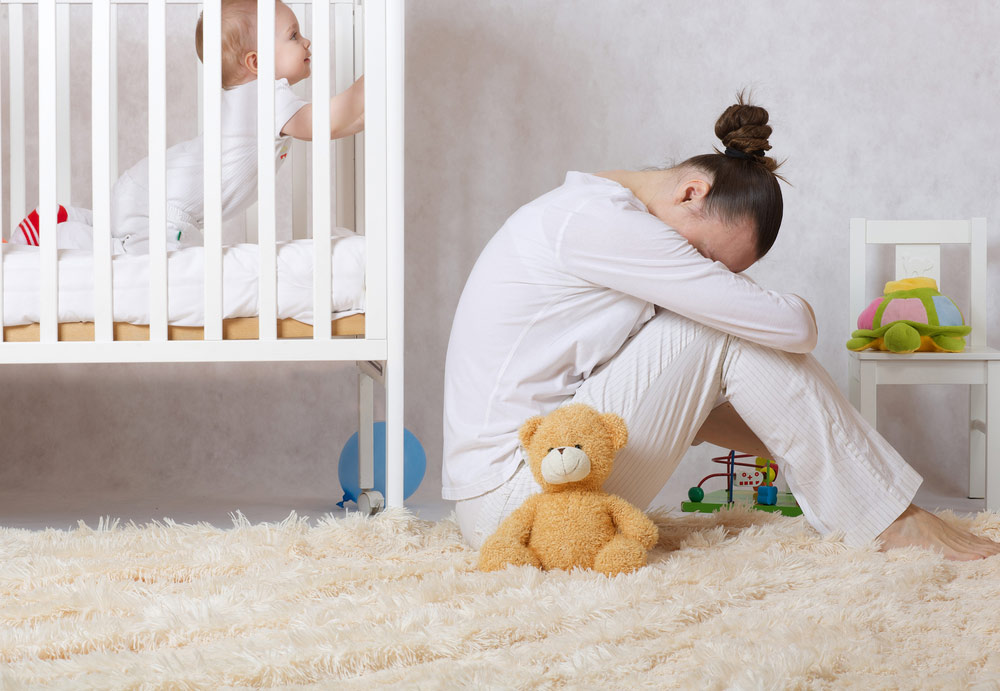A woman’s body goes through a lot of changes before, during, and after pregnancy. A lot of women have “baby blues” within the first few days after giving birth. This typically goes away within 5-7 days. Women who experience emptiness and sadness for more than two weeks may have postpartum depression. According to Medical News Today, 1 in 7 women experience postpartum depression. This is a psychological disorder that affects your behavior and overall well-being. With the right help, you will be able to overcome postpartum depression. If you believe you are experiencing depression, let your healthcare provider know.
Symptoms of Postpartum Depression
Hormonal changes may cause symptoms of postpartum depression. Women’s hormones are at an all-time high during pregnancy. After childbirth, they drop back to normal levels. Research suggests that the sudden drops in hormone levels may lead to depression. Baby blues and postpartum have many similarities. However, they differ in how long the symptoms last and the severity of them. Symptoms can include:
- Anxiety
- Sadness
- Mood Swings
- Crying
- Feeling Overwhelmed
How to Overcome PPD
The most efficient way to treat postpartum depression is by seeking help from a medical professional. They will be able to evaluate and guide you through the depression effectively. These are a couple of things you can do in your everyday life to combat postpartum depression:
- Exercise is said to have an antidepressant effect on women experiencing PPD. Take a walk around your neighborhood with your baby stroller can be a refreshing way to get active.
- Women who get less sleep are more likely to experience depressive symptoms, according to a study at San Jose State University. It is important to ensure that you are getting enough rest. The best time for you to get rest is while the baby is sleeping too.
If you believe you are experiencing PPD, the professionals at Cool Springs Obgyn can help you seek the proper care.

